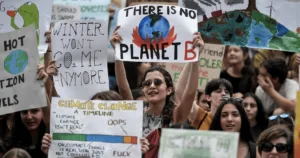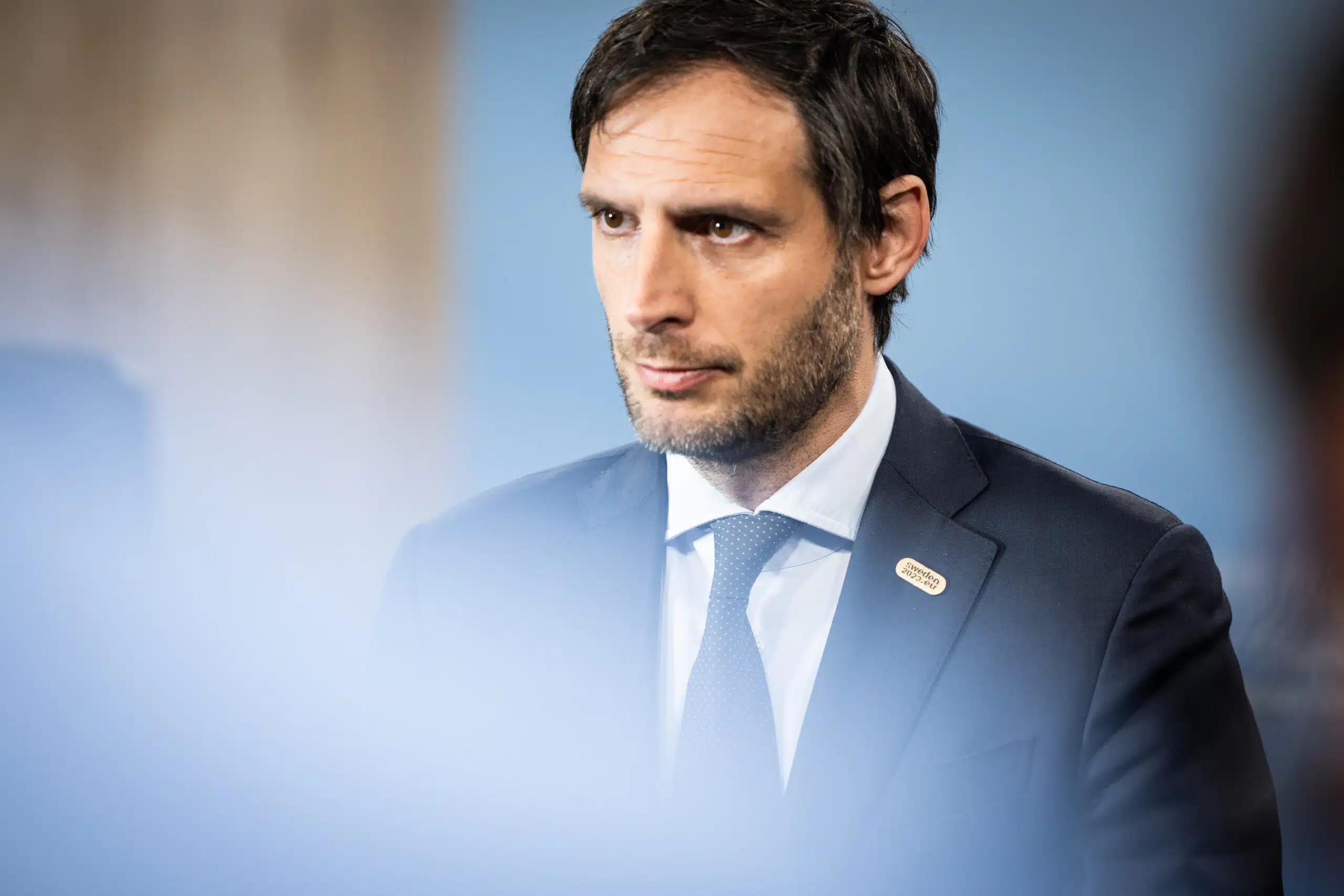Brussels – Good results so far, but there is still room for improvement: This is how the Council of the European Union’s assessment of climate and biodiversity ambitions can be summarized in its conclusions on the 2023 Annual Report on the Implementation of EU External Action Instruments in 2022. An impetus to “further develop climate change response and biodiversity protection actions to meet agreed targets,” reads the text published today (May 7).
The EU and its member states have made steps forward despite “the current difficult geopolitical context,” including the Russian war in Ukraine and its energy consequences, the unstable situation in the Middle East, and, even earlier, the effects of the COVID-19 pandemic. However, the EU Council puts some recommendations in black and white to make engagement more effective and tangible, particularly regarding the need to “continuously measure the impact and results of EU-funded climate actions in partner countries” through a “robust monitoring and evaluation system.” The main focus, which is currently unsatisfactory, must be on “poorer households and women,” the EU institution makes clear.

Within this framework, the EU Commission is urged to select “appropriate” indicators and set targets for measuring the results of activities, “including making full use of Europe’s Global Performance Monitoring System for this purpose.” The recommendations also call for “regular review” of the climate targets themselves “and revise them if it becomes apparent during implementation that sufficient funding is not available.” Still on the funding side, the EU Council calls for allocation “in a strategic manner” and to apply “objective criteria that also take into account financial support for the same sector received by partner countries from other sources.” Finally, the budgeted costs of climate actions must be analyzed “systematically” “to ensure their reasonableness and to avoid duplication of support structures and funding streams.”
There remains no question that climate and energy diplomacy “is a key component of the European Union’s foreign policy” and that the twenty-seven countries are always committed to working with partners around the world “to support the most vulnerable, in particular in the Least Developed Countries and
Small Island Developing States,
” in adapting to climate change effects. None of this will be possible without “additional funding from Member States, the private sector and other donors, including through non-traditional sources and innovative financing mechanisms,” the EU Council points out. Not to be forgotten is the fact that the Union, the 27 member states, and the European Investment Bank (EIB) “are jointly the largest contributor of public climate finance globally, with €23.04 billion in 2021,” of which “more than 50 per cent has been earmarked for climate adaptation or cross-cutting actions.”
English version by the Translation Service of Withub
![[foto: Wikimedia Commons]](https://www.eunews.it/wp-content/uploads/2024/03/GlobalWarming-350x250.png.webp)




